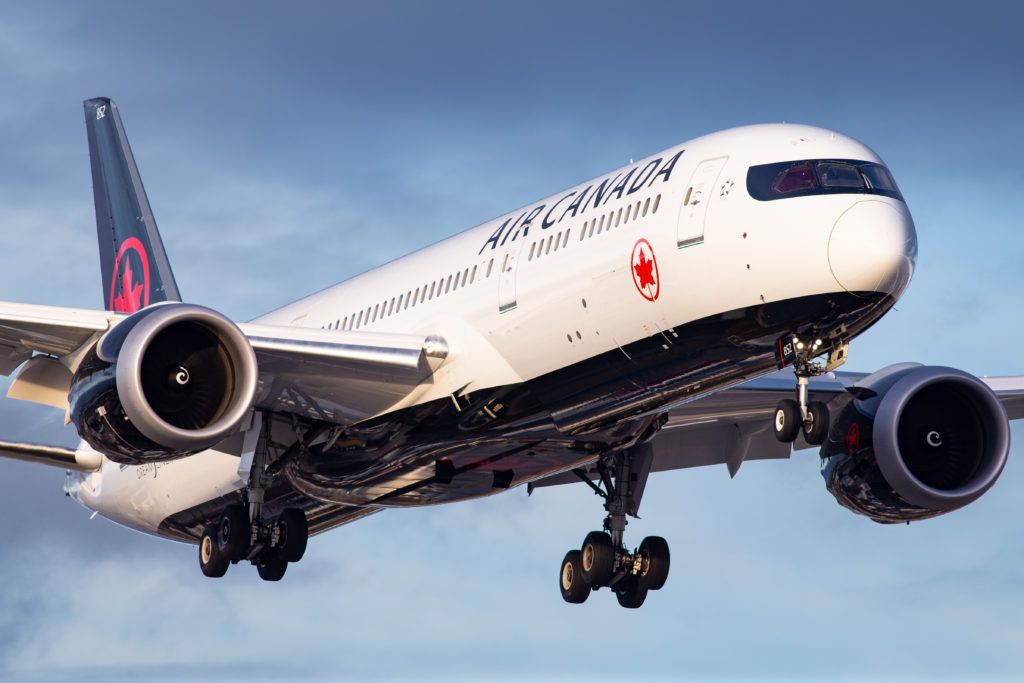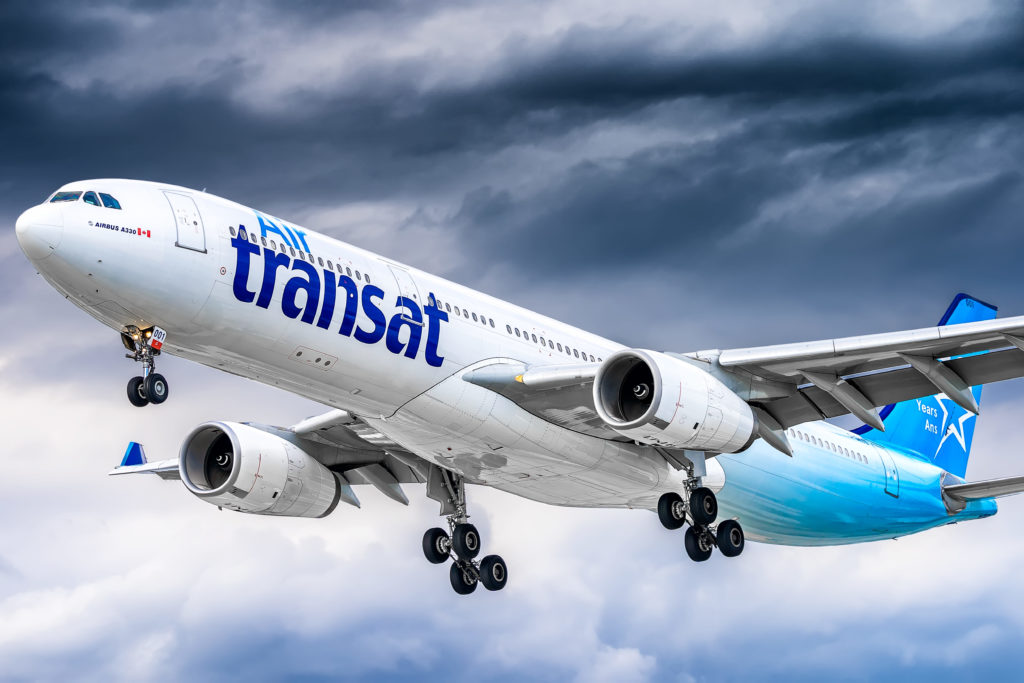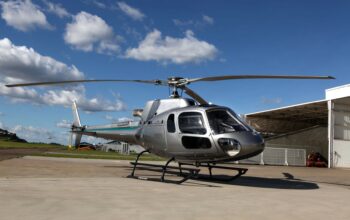Estimated reading time 8 minutes, 26 seconds.
Air Canada’s takeover of charter operator Transat A.T. Inc., has been approved by the federal cabinet in a politically contentious deal which will not only cost the national carrier much less than originally offered, but has raised concerns about reduced competition in a sector cratered by the COVID-19 pandemic.
The decision was announced Feb. 11 by Transport Minister Omar Alghabra, but it had been approved some time ago by his predecessor, Montreal MP Marc Garneau, who was shuffled to the Global Affairs portfolio a month earlier.

In return for its approval, the government is requiring Air Canada to maintain Transat’s brand, keep its headquarters in Quebec, ensure that local companies have priority on maintenance contracts, and commit to keeping its current 1,500 employees.
Before the pandemic, Air Transat, which began operations in late 1987, had 5,100 employees operating a mostly Airbus fleet of 38 aircraft, servicing 15 southern destinations in winter and 11 European destinations.
“Given the devastating impact of the COVID-19 pandemic . . . the proposed purchase of Transat A.T. by Air Canada will bring greater stability to Canada’s air transport market,” Alghabra said in a statement.
Another condition for the cabinet endorsement is a requirement for “measures to facilitate and encourage other airlines to take up former Transat A.T. routes to Europe.” Transport said these “enforceable terms and conditions” were agreed to by both companies, but there were no immediate details.
Even as the cabinet approvals process was winding down, Calgary-based WestJet reiterated its long-standing concerns in a letter to Garneau in January. Bought for $5 billion last May by Onex Corp., a Toronto-based private equity firm, WestJet urged the government to reject or at least modify the terms of the takeover.
“A fundamental element of Canada’s national transportation policy is to have at least two strong national airlines,” it said. “WestJet’s ability to contribute to the Alberta economy, and more broadly to the Canadian economy, is imperilled by the proposed transaction.”
WestJet also said the proposal should require its competitors to give up slots at Toronto Pearson (YYZ), London Heathrow (LHR) and Amsterdam Schiphol (AMS), and as well as exclude Air Canada and Air Transat from YYZ Terminal 3 to ensure “room for other airlines.”
A key element of Transport’s “public interest assessment” — a complex process which Garneau set in motion in August 2019 and was completed last May — was a review by the Competition Bureau. It also worried about reduced competition.
In its report to Garneau, the bureau predicted higher fares and eventually less travel options as Air Canada would gain effective control of more than 60 percent of transatlantic travel out of Canada. It found 49 overlapping transatlantic routes and 34 to sunshine destinations in Florida, the Caribbean, Mexico and Central America.
Even so, Alghabra said in his statement that the conditions attached to the government’s approval will support international competition and route connectivity, which are protecting jobs as the air travel industry eventually begins rebuilding its markets — a process some insiders say could take five years or more. “We are confident these measures will be beneficial to travelers and the industry as a whole,” the minister said.
As for the financial details, the nearly two years it has taken for the takeover to be approved has proven costly for Air Transat’s shareholders.

The company’s board confirmed in May 2019 that it was in “exclusive” talks with Air Canada at $13 a share, long before COVID-19 began eating away at air travel. The following month, the board accepted Air Canada’s all-cash bid of $520 million, which some investors felt was below market value.
Air Canada then hiked its offer to $18 a share, boosting the cost of the takeover by some 40 percent to $720 million. That was accepted by most of Air Transat’s shareholders, but was withdrawn due to COVID-19’s metastasizing global impact. The final offer of $5 a share last October cut the acquisition cost to $188.7 million.
Although the deal now has the Canadian government’s approval, the European Commission (EC) has been conducting its own “in-depth investigation” of the potential impact on the transatlantic market.
When it launched the investigation last year, the EC said it was “concerned that the proposed transaction could significantly reduce competition on 33 origin and destination (O&D) city pairs in the 27-nation European Union. Its preliminary market examination revealed that Air Canada and Transat have been “historically competing head-to-head” for services.
Moreover, it concluded that even if WestJet had expanded transatlantic offerings, it was unlikely to “exert a sufficient competitive constraint on the merged entity with respect to the O&Ds that the Commission found problematic.”
EC executive vice president Margrethe Vestager, a Danish national who oversees competition policy, said at the time that the EC would “carefully assess whether the proposed transaction would negatively affect competition in these markets leading to higher prices, reduced quality or less choice for travelers.”
Anticipating an eventual post-pandemic recovery, Vestager said “a return to normal and healthy market conditions must be based on markets that remain competitive.”
Air Canada offered some unspecified concessions Nov. 25 to ease the EC’s anti-trust concerns. The EC initially expected to publish its findings by Dec. 11, but an extension to Jan. 8 came and went, and there were no further announcements as of Feb. 12.








